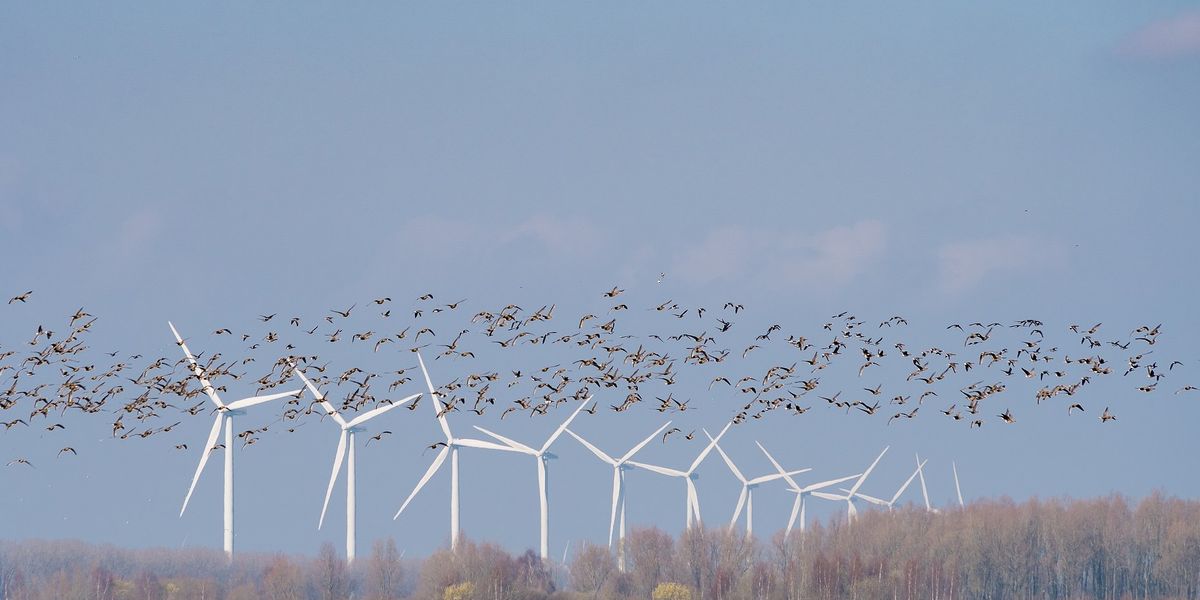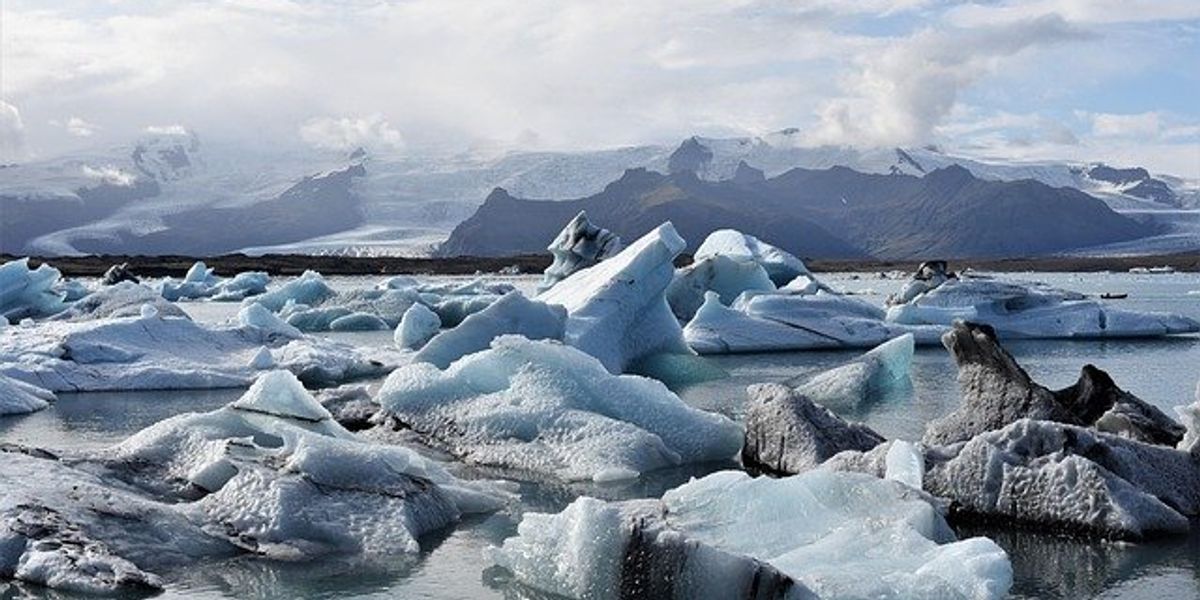
Restart of Three Mile Island reactor fuels debate over energy demand and safety
A planned restart of Pennsylvania’s Three Mile Island Unit 1 reactor, nearly 50 years after a partial meltdown at the site, has drawn protests over nuclear safety even as energy firms argue the facility is vital to meet soaring electricity needs.
Jon Hurdle reports for Inside Climate News.
In short:
- Constellation Energy plans to restart the Three Mile Island Unit 1 reactor by 2028 to supply power under a 20-year contract with Microsoft, which seeks a stable energy source for data centers.
- Opponents marked the 46th anniversary of the 1979 meltdown by protesting at the Pennsylvania Capitol, citing public health risks, nuclear waste concerns, and inadequate cooling resources.
- Proponents, including state officials and labor leaders, say the project will boost jobs and grid reliability amid increasing national energy demand from AI and electrification.
Key quote:
“The safest way to mitigate any radiation hazard is to eliminate the source. In the present case, that means no restart of TMI Unit 1 is the safest course for you and your family and your friends.”
— Gene Stilp, former congressional candidate and Pennsylvania activist
Why this matters:
Nuclear power, long overshadowed by memories of accidents like the 1979 Three Mile Island partial meltdown, is making a controversial comeback. In Pennsylvania, where the Three Mile Island site still looms large in public memory, state officials and utilities are weighing whether to restart dormant reactors to meet growing demand. For many residents, the prospect raises thorny questions about radioactive waste, long-term safety, and institutional trust. The waste from nuclear plants remains dangerous for thousands of years, and current storage solutions offer little comfort to nearby populations.
Read more: Three Mile Island seeks a new chapter in nuclear energy













